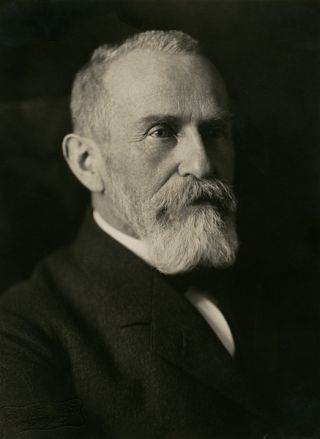Psychiatry
7 Obscure but Fascinating Psychiatric Terms
Double bookkeeping, pseudohallucinations, and more.
Updated June 15, 2023 Reviewed by Gary Drevitch

Like any highly specialized field, psychiatry—and, by extension, psychotherapy and psychoanalysis—has a language all its own. Sociologists believe that jargon develops in part to make communication short-cuts but also to clearly delineate between who is a member of the group and who is not. I have long been fascinated by psychiatry's jargon, or psychiatric terminology, which is so intricately tied to the history of the field.
Below I share seven of my favorite obscure terms from psychiatry. Most involve schizophrenia, my main area of clinical interest. Readers will note that several of them come from German, a reflection of German psychiatry's great influence in the late 19th and early 20th centuries.
1. Klebenbleiben. This term refers to a type of language disturbance in schizophrenia in which the patient remains glued to the same topic; the patient restates the topic in different words, elaborates it, qualifies it, explains it, but cannot leave it. Literally, in German, "to be stuck like glue." A related term is klebendenken, which translates to "sticky thinking."
2. Double bookkeeping. Swiss psychiatrist Eugen Bleuler's term to describe the ability in schizophrenia to simultaneously live in two separate worlds, namely, the shared social world and a private, psychotic one. For instance, the patient may work as a janitor and at the same time feel he is the President of the United States. This has also been referred to as "double orientation" or as a "delusion of orientation."
3. Pseudohallucination. This term can refer to a hallucination which the patient knows to be such. Bleuler defined it as "a hallucination, the morbidness of which is recognized in spite of the vividness of the deceptive perception." This is in contrast to a hallucination perceived by the patient to be an accurate interpretation of consensual social reality.
4. Witzelsucht. A rare neuropsychiatric syndrome characterized by the tendency to tell inappropriate jokes, make puns, or tell pointless stories in inappropriate social situations, or pathological and intractable joking. Often, patients experiencing it do not appreciate the "punchlines" of their jokes and prefer non-funny endings. First described by the German neurologist Jastrowitz in 1888, a recent paper links the syndrome to damage to the brain's right frontal lobe.
5. Secondary delusion. This is a delusion that develops secondary to another, primary one. Writing in his 1916 Textbook of Psychiatry, Bleuler provides the following example: "When the patient is convinced that the physician wants to murder him and after taking medicine he feels indisposed, then it is a conclusion, based on logical probability, that the physician has prescribed poison (secondary delusion)."
6. Flight into health. In psychoanalysis, this term refers to the patient's relinquishing of symptoms, often early in the treatment process, as a defense against further exploration in psychotherapy. In essence, the patient appears cured of their illness despite ongoing troubles; the symptoms inevitably return at a later time. This is sometimes called transference cure or transference remission. It can also occur in other modes of treatment.
7. Psychorrhea. This term refers to a particular form of thought disorder characterized by vague and bizarre theories of philosophy; usually the stream of thought is incoherent. It is symptomatic of the hebephrenic or disorganized type of schizophrenia.
Share your favorite psychiatric terms with me on Twitter.
Facebook/LinkedIn image: Stasonych/Shutterstock
References
Hinsie, L. E., & Campbell, R. J. (1970). Psychiatric dictionary (4th ed.). Oxford.


